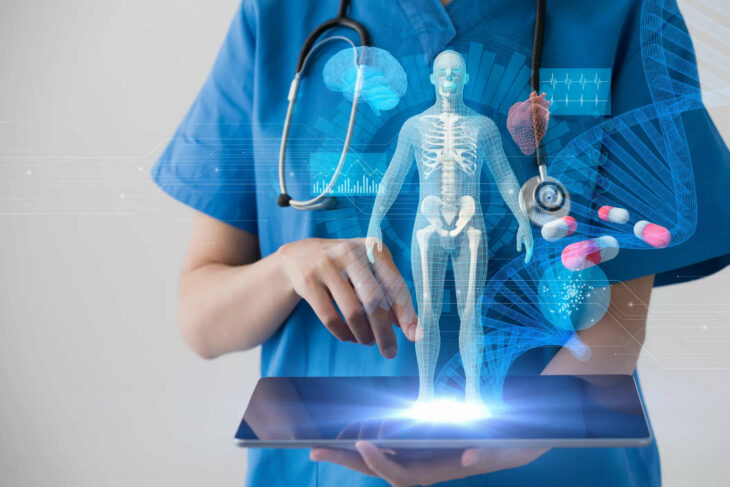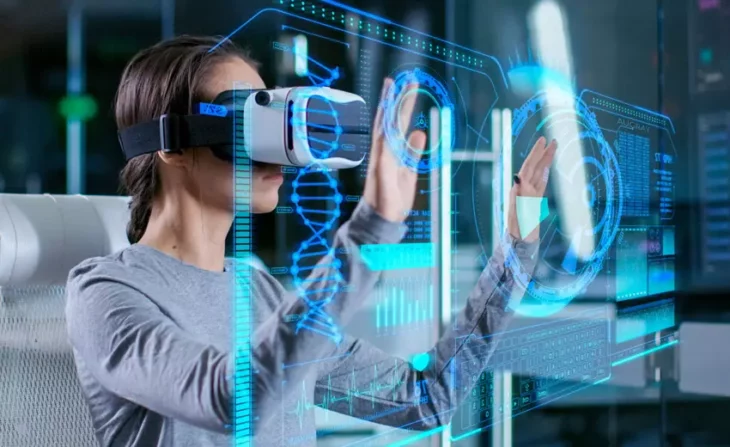Biotechnology is a broad term that refers to the use of living organisms or their products to make new products or improve existing ones. It is a rapidly growing field with applications in a wide range of industries, including agriculture, medicine, and environmental science.
History of Biotechnology
The history of biotechnology can be traced back to the early days of human civilization. For example, humans have been using fermentation to make beer, wine, and bread for thousands of years. In the 19th century, scientists began to develop new techniques for isolating and manipulating genes. This led to the development of new products, such as vaccines and antibiotics. In the 20th century, biotechnology continued to grow and evolve, and new applications for biotechnology were developed in areas such as agriculture, environmental science, and medicine.
Types of Biotechnology
There are many different types of biotechnology, and they can be classified into three main categories:
- Agricultural biotechnology: This type of biotechnology is used to improve crops and livestock. For example, scientists have developed genetically modified crops that are resistant to pests and diseases. They have also developed livestock that are more productive and have better meat quality.
- Medical biotechnology: This type of biotechnology is used to develop new drugs and treatments for diseases. For example, scientists have developed vaccines that can prevent diseases, and they have developed new drugs that can treat cancer and other diseases.
- Environmental biotechnology: This type of biotechnology is used to clean up pollution and to develop new ways to use renewable resources. For example, scientists have developed bacteria that can break down pollutants, and they have developed ways to use plant biomass to produce biofuels.
Benefits of Biotechnology
Biotechnology has many potential benefits, including:
- Improved food production: Biotechnology can be used to improve crop yields and to make crops more resistant to pests and diseases. This can help to reduce food insecurity and to improve food quality.
- Improved human health: Biotechnology can be used to develop new drugs and treatments for diseases. This can help to improve human health and to extend life expectancy.
- Environmental protection: Biotechnology can be used to clean up pollution and to develop new ways to use renewable resources. This can help to protect the environment and to reduce our reliance on fossil fuels.
Challenges of Biotechnology
Biotechnology also has some challenges, including:
- Safety: There is some concern about the safety of genetically modified organisms (GMOs). Some people worry that GMOs could pose a risk to human health or to the environment.
- Regulation: Biotechnology is a rapidly developing field, and it can be difficult to regulate. There is no international standard for regulating GMOs, and different countries have different regulations.
- Public acceptance: Some people are concerned about the use of biotechnology, and they may be reluctant to accept products that have been developed using biotechnology.
Future of Biotechnology
The future of biotechnology is bright. There are many potential applications for biotechnology that have not yet been developed. Biotechnology has the potential to improve human health, to increase food production, and to protect the environment.
Conclusion
Biotechnology is a rapidly growing field with the potential to revolutionize many industries. It is important to be aware of the benefits and challenges of biotechnology so that we can make informed decisions about its use.











You must be logged in to post a comment.